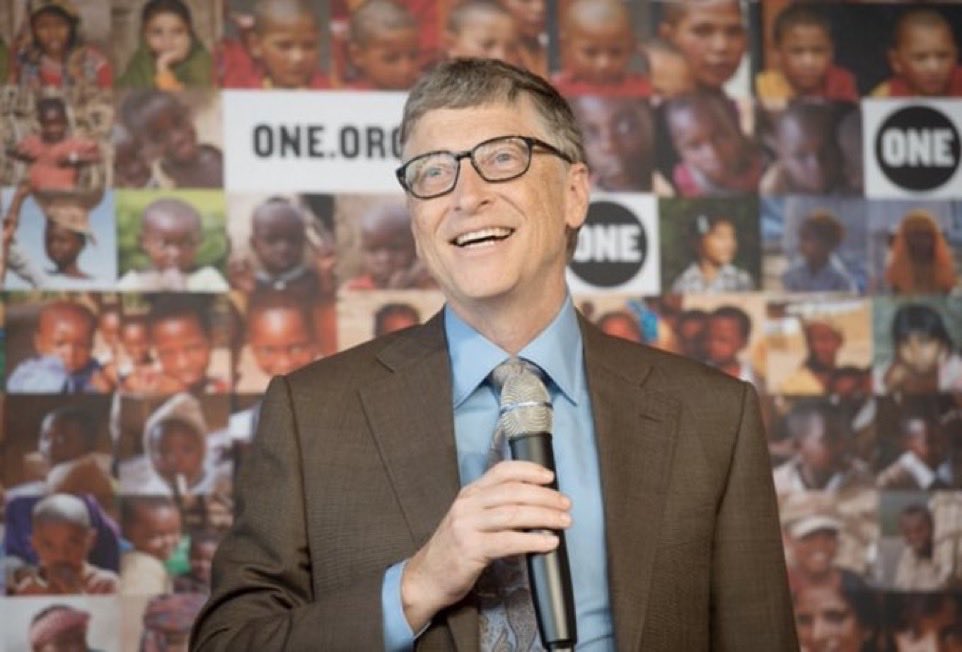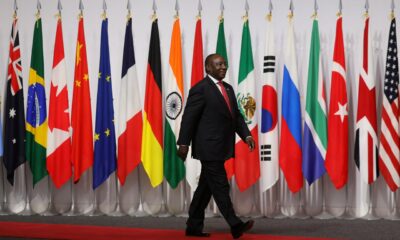A powerful coalition of African faith leaders and environmentalists is taking aim at one of the world’s most prominent philanthropists, demanding a radical shift in how his foundation approaches food production on the continent. In a renewed campaign, they are calling for what they term “reparations” from Bill Gates for the environmental and social damage they blame on his foundation’s agricultural policies.
The coordinated effort, known as the Gates Letter Campaign, argues that the Bill & Melinda Gates Foundation has promoted an industrial model of agriculture that undermines small-scale farmers, threatens food sovereignty, and disregards generations of indigenous knowledge.
The Core Conflict: Industrial Scale vs. Agroecology
The dispute centers on the Alliance for a Green Revolution in Africa (AGRA), an organization the Gates Foundation helped found in 2006. While AGRA’s stated goal is to boost farm productivity and reduce hunger, its critics see a different reality.
They argue that AGRA’s push for commercial seeds, synthetic fertilizers, and industrial techniques is a form of “agro-philanthropy” that disempowers local communities. “Interventions that aim to shift Africa’s food models towards industrial models diminish the role that food and its production play in community systems,” states a new open letter signed by roughly 600 faith leaders.
The Southern African Faith Communities’ Environment Institute (SAFCEI), which is coordinating the campaign, insists the solution lies in a different direction: agroecology. This approach prioritizes locally defined, holistic farming methods that work with natural ecosystems rather than seeking to dominate them.
The Seed Debate: Affordability vs. Tradition
A key point of contention is the issue of seeds. Gabriel Manyangadze, Head of Food and Climate Justice Programs at SAFCEI, accuses the Gates Foundation of pushing African governments to adopt policies that “criminalise the exchange of traditional seeds.”
For generations, smallholder farmers have saved and exchanged their own seeds, a practice that is both free and culturally embedded. The shift to certified, commercially sold seeds, critics argue, creates a dependency that poor rural communities cannot afford.
Bill Gates, however, defends the efficacy of improved seeds. In his own statements, he points to success stories, such as a group of Kenyan farmers who saw a 66% increase in their maize yieldenough to feed their families and have a substantial surplus to sell. The challenge, he concedes, is making these seeds more affordable.
A Philosophical Split on Climate and Development
The faith leaders deliberately relaunched their campaign to coincide with the upcoming UN Climate Change Conference (COP30). Their timing highlights a fundamental philosophical split between their worldview and that of the billionaire philanthropist.
In his own recent climate statement, Gates pushed back against what he called a “doomsday outlook,” arguing it forces short-term thinking. “Climate change is a serious problem, but will not be the end of civilisation,” he stated, urging a focus on “improving lives” alongside emissions targets.
This perspective clashes directly with the environmentalists’ call for an immediate transition to agroecology, which they see as essential for both climate adaptation and cultural preservation.
The campaigners have not named a specific financial figure for reparations. Instead, their demand is for a fundamental change in approach: a halt to funding for industrial agriculture and a pivot toward supporting African-led, ecological farming solutions. For them, true reparation is not a check, but a restoration of control over their own food systems.
{Source: Citizen}




























